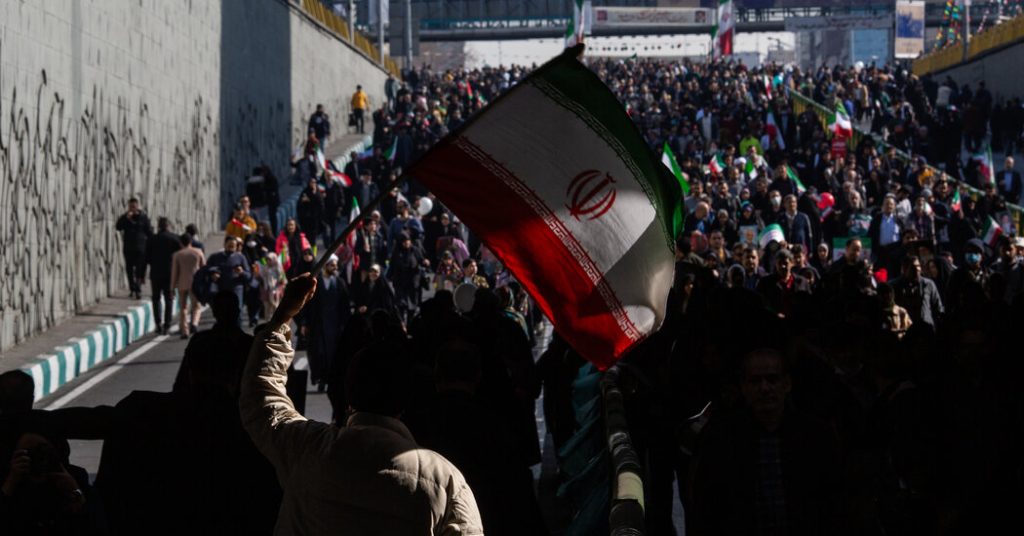Nine years after Iran agreed to surrender most of the uranium necessary to make nuclear bombs, the political landscape has shifted dramatically. China and Russia, once key supporters of the agreement, are now aligned with Iran and other countries opposed to the American-led order. The recent tensions between Israel and Iran have been described as “particularly dangerous” by experts, with Iran now closer to producing bomb-grade material than it was under the terms of the 2015 deal.
Iran has accelerated its ballistic missile program, and the expiration of remaining United Nations prohibitions has raised concerns about further escalation. Iran has also become a key supplier of military drones to Russia and has improved its own drone capabilities as a result. The emergence of Iran as a stronger military power has contributed to the increasing tensions in the region, with Iran hinting at the need to bolster its nuclear deterrent against perceived threats.
President Barack Obama’s pursuit of the 2015 nuclear deal faced opposition from Republicans and some Democrats who doubted its effectiveness in bringing about change in Tehran. President Donald J. Trump’s decision to withdraw from the agreement triggered a response from Iran, leading to the resumption of uranium enrichment. Critics of the current administration argue that a tougher stance against Iran should have been taken to prevent the current escalation of tensions in the region.
The absence of a unified front against Iran, the lack of direct communication between Washington and Tehran, and Iran’s restrictions on nuclear inspectors have raised concerns about the potential for further escalation. The fear of a nuclear dimension to the conflict has intensified as Iran continues to advance its nuclear program. Nuclear experts worry that Iran may accelerate its program as a means of taunting the West and building a deterrent against Israel.
As tensions between Israel and Iran escalate, the risk of further conflict looms large. Israeli success in intercepting drones and missiles launched by Iran could lead Iranian military officials to seek more powerful weapons. President Biden is working to prevent further escalation, urging Israeli Prime Minister Benjamin Netanyahu to avoid retaliatory actions. The incident has strained relations between Israel and the United States, with Iran signaling that they view the conflict as over, while the potential for further escalation remains.
The current situation in the Middle East represents a significant challenge for President Biden’s administration, which had initially focused on containing Russia’s disruptions and competing with China. The recent events in the region have upended these priorities, leading to renewed tensions and uncertainty. The lack of direct communication between Washington and Tehran and Iran’s advances in its nuclear program have created a complex and volatile situation that threatens to further destabilize the region.


